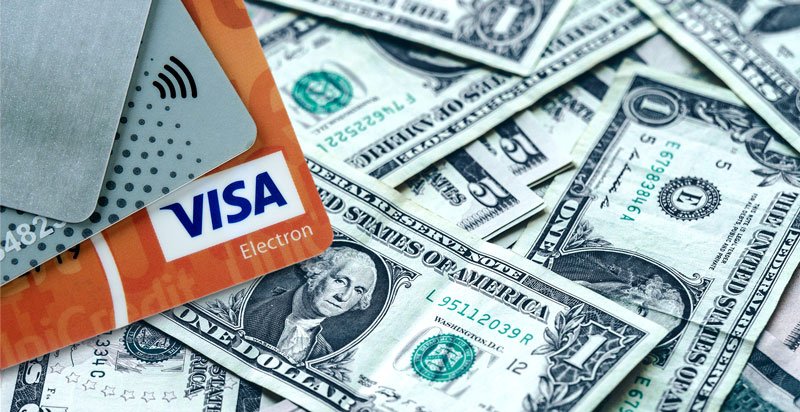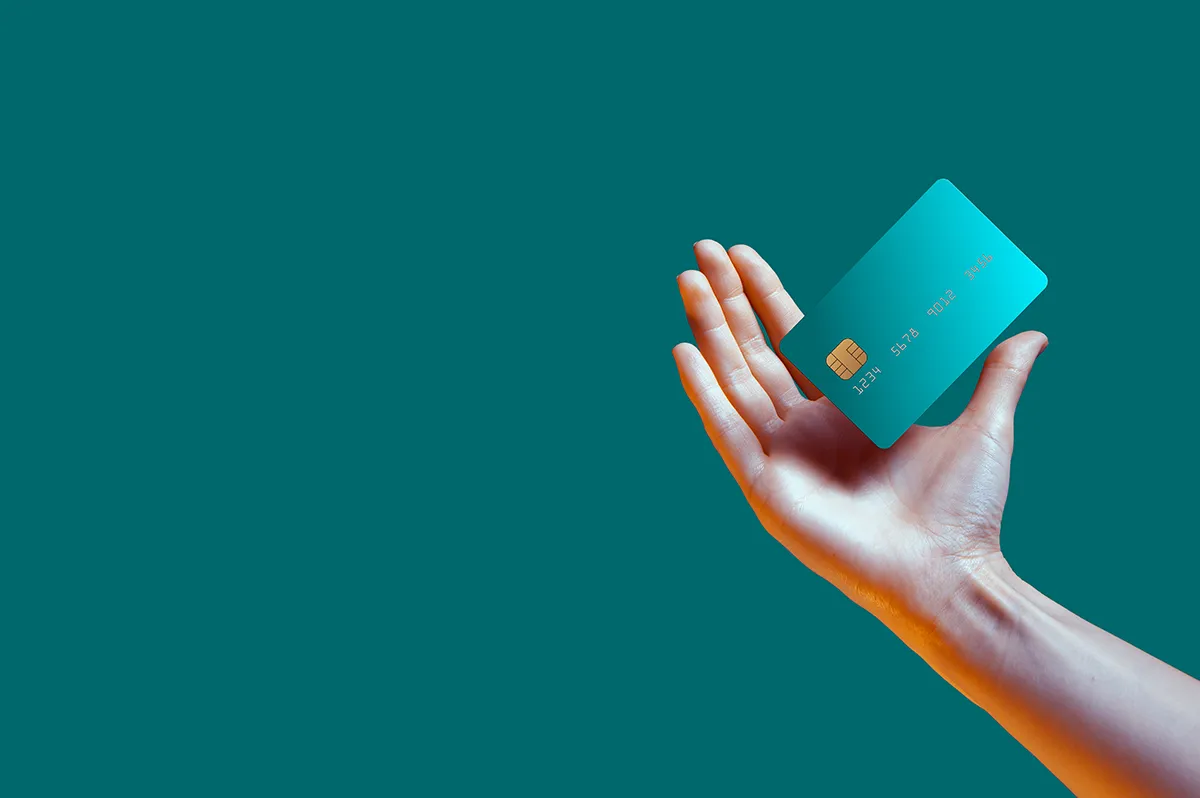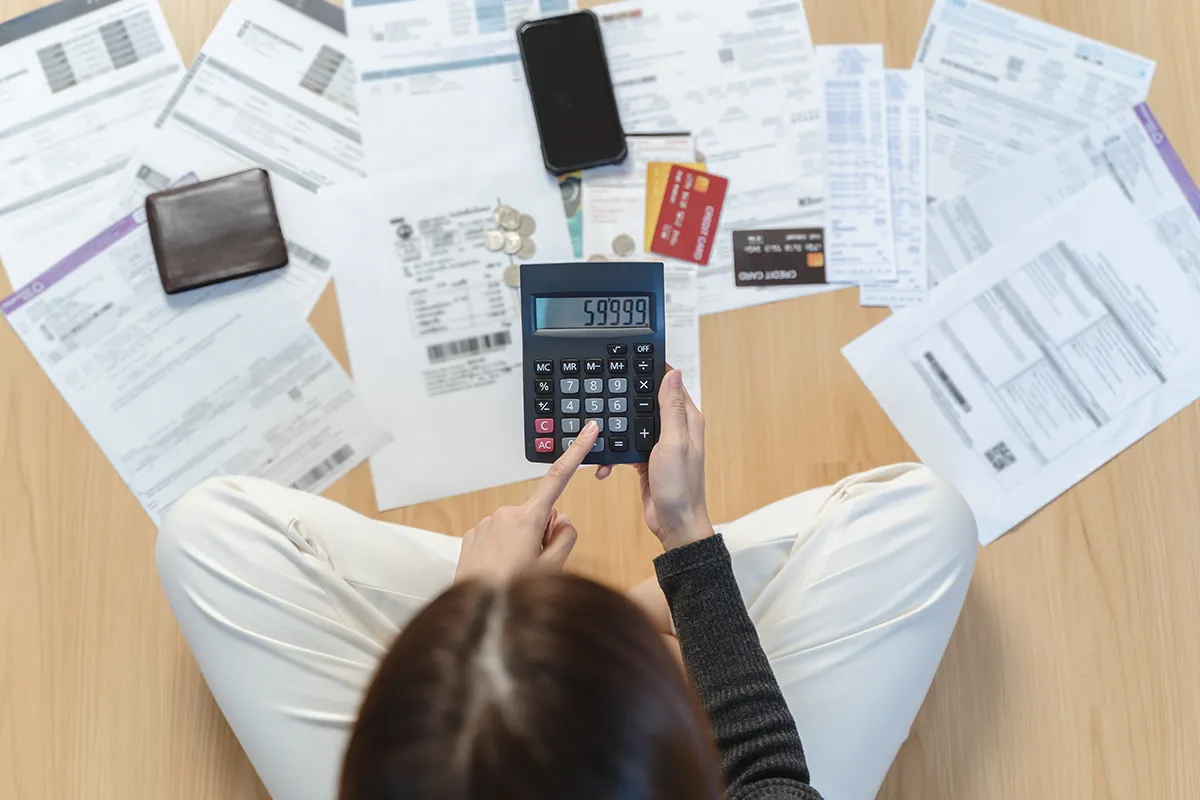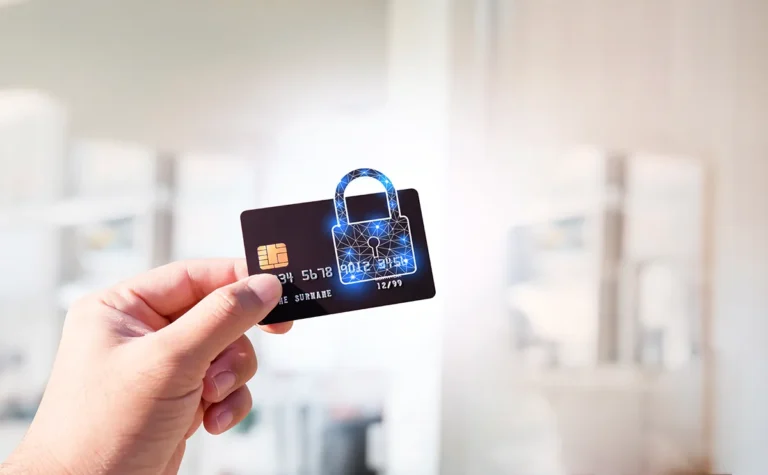Credit Card Guide
Credit cards play a major role in the fabric of the American consumer economy. In fact, there are now 196.5 million credit card users and 424.3 million active credit card accounts in the United States with an aggregate credit line exceeding three trillion dollars. If these numbers sound staggering, it’s because they are. The American consumer has been on a credit card spending binge not seen since the months leading up to the 2008 financial crisis. Accordingly, it is important that you behave prudently – and not get swept up into a pattern of reckless spending and paying only minimum monthly payments – so that you can avoid your own personal financial crisis.

Table Of Contents
- The Most Commonly Used Credit Cards in the United States
- Benefits of using Credit Cards Responsibly
- New to Credit Cards? Start Slowly
- Pay Your Credit Card Bill on Time Each Month
- The Importance of Sticking to a Budget
- Keep in Touch with Your Credit Card Company
- What to do if Things Get Tough
- Prevention is the Best Cure
The Most Commonly Used Credit Cards in the United States
The most commonly used credit cards are American Express, Visa, Mastercard, and Discover. People are using credit card more regularly everyday, with that said people are using cash less and less everyday. Credit cards give you flexibility, speed, and do not require people to walk around with a lot of cash to make a large purchase.
ABC
Benefits of using Credit Cards Responsibly
Let’s take a moment to think about why credit cards are good and what they can do for us when we utilize them properly. Credit cards, when we use them responsibly, help us build a positive credit profile when we demonstrate a consistent pattern of timely repayment over an extended period of time. A favorable credit profile, in turn, makes it easier to attract subsequent credit at favorable terms when we seek a mortgage, automobile financing, or personal loan.
A second advantage of credit cards is that they provide budgeting flexibility. Keeping a credit card account open permits you to manage cash flow throughout the month while allowing for more flexible timing on certain purchases that can be paid in full at the end of your monthly billing cycle. The extra time allotted between any credit card purchases and your statement due date can make the essential process of sticking to a written budget of your monthly income and expenses easier. The key here, however, is to actually pay each monthly credit card statement in full. It’s when we don’t do this – when we resort to paying only the minimum (or something close to it), that we plant the seeds of financial difficulties.
New to Credit Cards? Start Slowly
If you don’t have much experience with credit cards yet, or it has been some time since you had one, it makes sense to keep only one account open with a relatively low available credit line. Use the card sparingly and pay your bills in a timely manner as you gradually enhance your credit profile. Over time, as you build experience and comfort, it may make sense to pursue a higher credit line or a second credit card account. However, it will always remain important to maintain a measure of self-discipline over any level of credit card usage, so pursue additional credit only as needed for potential emergencies or special situations – not for extravagances.


Pay Your Credit Card Bill on Time Each Month
This may seem like an obvious point, but if you are to reap the benefits of building a strong credit profile, paying your bill on time is an absolute must. Therefore, if you tend to be forgetful, be certain to enroll in automatic bill payments. This is usually a simple process that can be implemented online from your account page. You should never be late or miss a payment, as doing either can result in fees charged to your account and damage to your credit score. Next, if your budget allows, pay your balance in full each month.
This is another crucial point, as doing so not only helps your credit score even further by keeping your credit utilization percentage low, but also saves you from the recurring problem of carrying a revolving debt balance from month to month. When you restrain revolving debt to a minimum, you protect yourself from monthly interest expense charges that can compound and result in the waste of thousands of dollars over time. An ever-expanding pile of revolving debt that comes with high interest rate expense charges can keep a person unhappily in debt for far longer than originally planned.
The Importance of Sticking to a Budget
One of the most beneficial things you can do for your financial well-being is to design and maintain a written budget that provides a measure of control over your financial situation. A budget is not meant to take the fun out of life, rather, it is meant to serve as a foundation for financial wellness. Get a clear picture of your monthly income and measure it against all necessary expenses – housing, food, transportation, utility bills, and so forth.
Make note of how much money may be left over at the end of any given month and remain alert to keep your monthly credit card charges below this level at all times. This way, you will be well positioned to pay your credit card bill off in full when it arrives. Only in those months when you find yourself in unusually burdensome circumstances should you resort to paying the minimum, and if this does happen, be certain to curtail credit card spending in the ensuing month. When you are once again on firmer ground financially, pay your balance off in full at the first opportunity.
One of the benefits of keeping a credit card is that it is fairly straightforward to track expenses by reviewing your monthly statement. In this way, it is easy to monitor how much you spent on a given day for a given purchase. Furthermore, there are online budget programs to which you can link your card that can categorize purchases and clearly reveal any negative spending habits that may be developing.
In addition to keeping you on budget and on the right track financially, an online budget program can alert you when there is any unusual purchasing activity in your account, thereby providing an extra layer of protection against fraud. If you do spot any unauthorized activity on your account, you likely will not be held responsible, provided you report the situation immediately to your credit card fraud department.


Keep in Touch with Your Credit Card Company
It’s always a good idea to get in the good graces of your credit card issuing company. The easiest way to do this is to become a reliably good customer by paying your bill on time and in full each month. This way, if the day comes when you want to inquire about a lower interest rate or higher credit line, the credit card issuer will see that you are a valued customer who they may want to work a little harder to please. Similarly, if the day comes when you hit a rough patch financially, having a good payment history beneath you can make a creditor more willing to work out a revised payment plan with you to make things more manageable.
What to do if Things Get Tough
By now, it should be pretty clear that the best course of action to take with credit cards is to carefully monitor your spending and to pay your bills on time each month, ideally in full. In this way, you can enjoy the budgeting flexibility that comes with a proper use of credit cards while simultaneously enhancing your credit profile. However, sometimes people do get into trouble, and it’s important to know what options are available should this happen to you.
If you find yourself in the position of not being able to manage your credit card debt, the first thing you should do is reach out to a reputable credit counseling agency who can steer you in the right direction. Following an initial phone consultation in which you will be asked a series of questions detailing your specific set of financial circumstances as they relate to your income, expenses and debt levels, your credit counselor will advise you as to the best course of action. Among the more common solutions is the Debt Management Plan (DMP), which involves streamlining multiple credit card payments into one simple monthly payment to the counseling agency.
DMPs usually result in lower interest rates and a lower overall monthly payment. Another possible solution is the Debt Consolidation Loan , which is utilized to pay off all of your creditors and typically results in an overall lower interest rate and monthly payment. Finally, if you’re already delinquent on your payments and don’t envision things getting better, enlisting the help of a debt settlement firm may be your best option. With Debt Settlement, creditors often accept lower balance payoffs on credit card accounts that they deem as approaching charge-off status, at which point they represent little to no value to the creditor. If you get into trouble with credit cards, regardless of the solution, getting help from seasoned, reliable professionals represents a significant step in the right direction as you veer away from the frustrating and recurring cycle of revolving debt and high interest expense.


Prevention is the Best Cure
Credit cards can be a useful financial tool when they are used wisely. Think of them as vehicles for building a strong credit profile and providing some added monthly budget flexibility. Always monitor your charges carefully, staying within the confines of your written monthly budget so that you are always ready to pay your bills on time and in full whenever possible. Never consider your credit lines as money that you actually “have,” but rather, keep your credit card in reserve mostly for financial emergencies and special situations. When you combine a healthy dose of self-discipline with some careful budgeting, you and your credit cards will have a mutually beneficial and symbiotic relationship.
Should I close out credit cards or other available lines of credit that I don't really use?
No – your credit score would go down if you did this. Your credit score is in part determined by your credit utilization ratio – that is, the percentage of available credit that you have actually borrowed. The higher the credit utilization rate, the lower your credit score. Therefore, keeping unused available credit lines open will lower your credit utilization rate, and this is a good thing for your overall credit score and profile.
Are you in debt? we can help
Get Debt Relief
Connect with licensed debt specialists dedicated to supporting your long-term financial well-being.

Ready To Get Started?
See if you qualify for debt relief. Get A Free Savings Estimate to see how quickly you can be debt free.
Embrace financial freedom with our tailored solutions, expert guidance, and unwavering commitment to your success.
Experienced Professionals
Our team comprises seasoned experts who have successfully navigated countless clients towards a debt-free life.
Customized Solutions
We understand that every financial situation is unique. That’s why we craft bespoke debt relief plans tailored to your specific needs.
High Success Rate
Our track record speaks for itself. Our effective strategies and dedicated approach ensure tangible results.
Confidential Consultation
Your privacy is paramount. Rest assured, our consultations are carried out with the utmost discretion and confidentiality.
Explore other blogs











